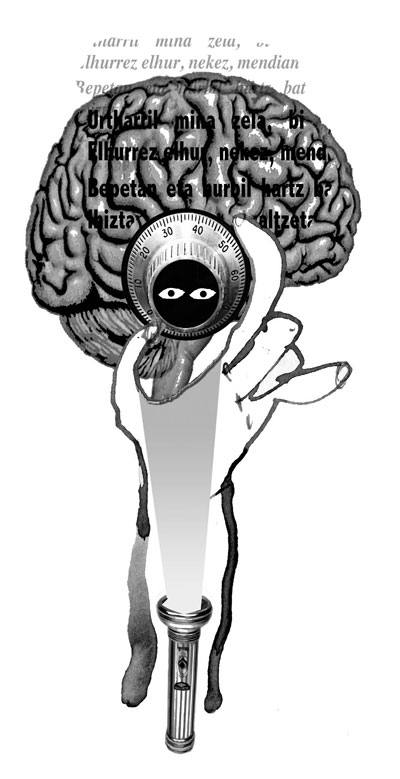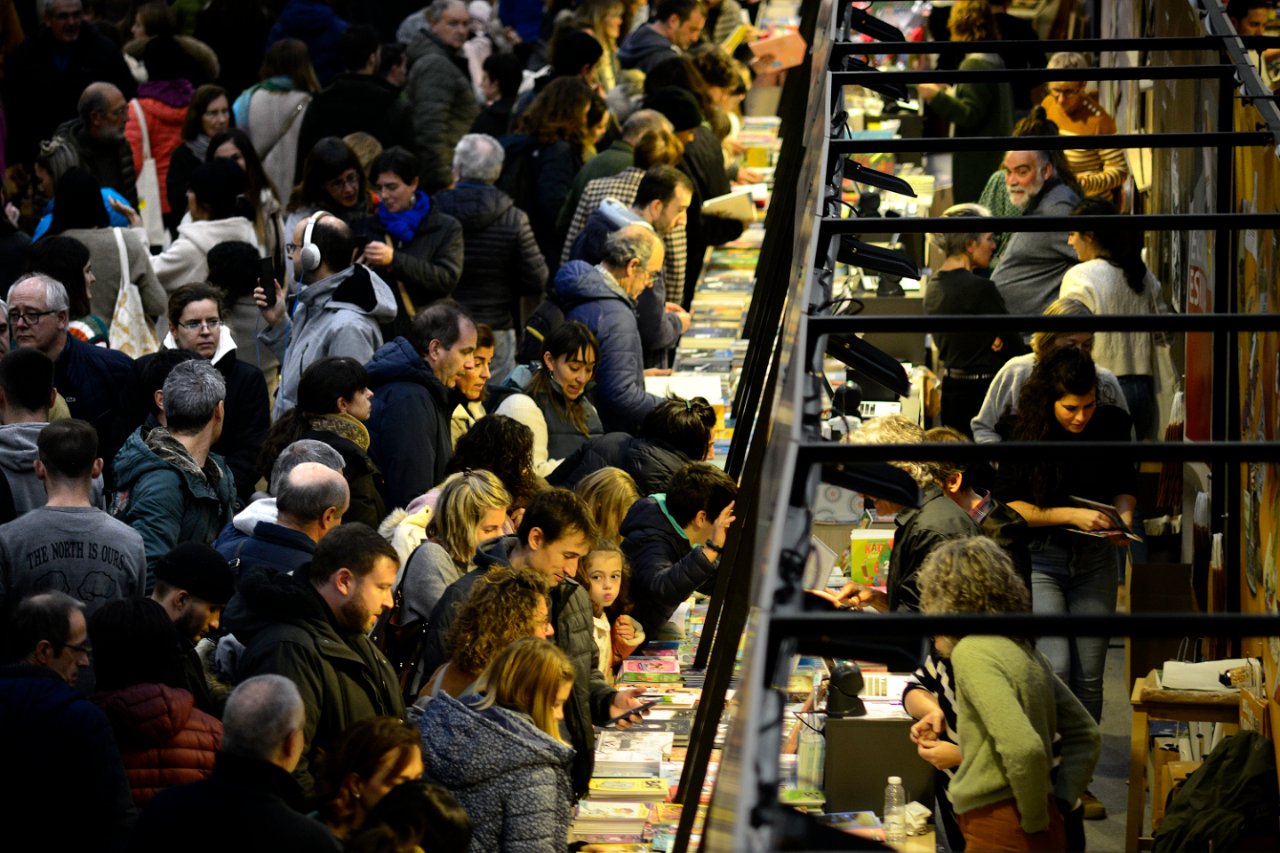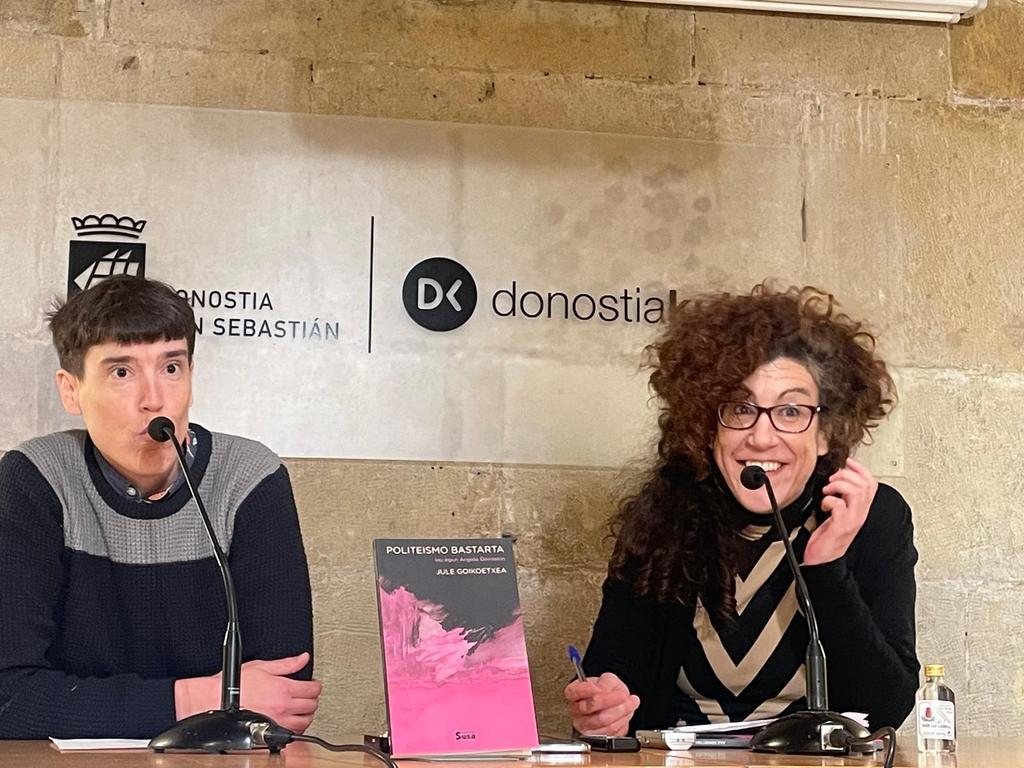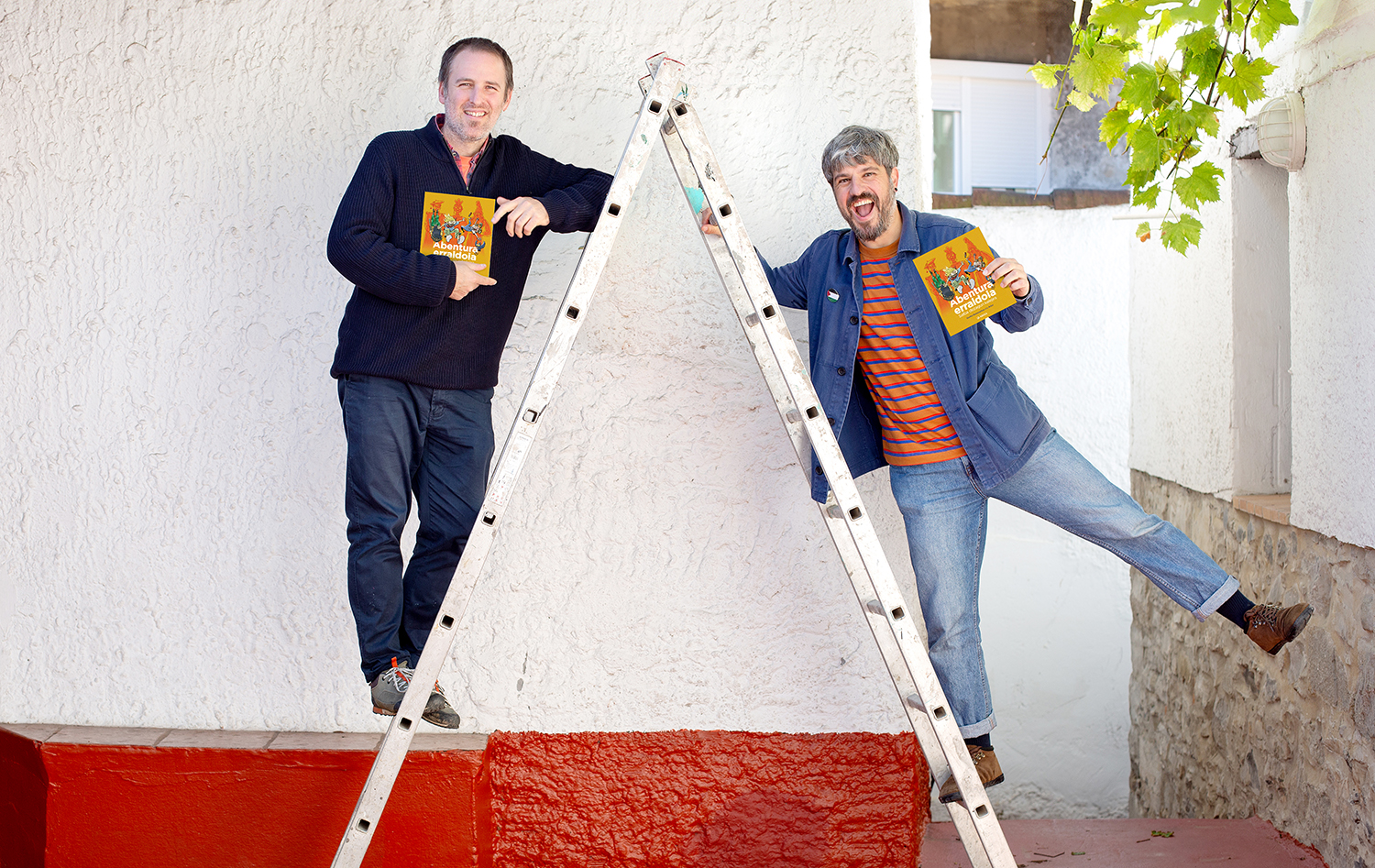Burglar writers

It has been said a thousand times that writers are thieves, in most cases, when the writers themselves affirmed it. The writer starts his career as a thief by copying quotes, ideas, structures, tone and everything he needs from other authors, and soon he loses the fear to review the news from the newspapers and to steal material from any library in front of him, be it chronic, biography, history or esotericism, in an easy and comfortable way, without staining hands from home.
This is a risk theft, even if the occasional presence of fans is taken into account. The fanatic who has forgotten that what we write is a consequence of what we read, can accuse the writer of plagiarism by claiming that he has stolen that idea from other authors. The writer has no more defense than to say that we copy over and over again. Nothing is born of nothing, we are merely repetitors. “A current artist can be a cleptomaniac of good taste,” I read the quote that gave Harkaitz Cano the bold anonymous journalist who stole her phrase, while I stole her to end by learning that, later, Cano took the floor to David Foster Wallace. Among the thieves, some are methodical, the book and pen computer are inseparable. The others are useless, they are encouraged to write down something when they are agitated by emotion. But everyone eats and we eats.
It is time to climb a step on the stealing ladder and to steal them in the street. Strangers on the street are stripped of gestures, phrases, fragments of conversations and even emotions and feelings, accompanied by a notebook or memory. One of them will leave the encounter of jewelry in the hands of chance. The other will go out to the robbery, transcribe interviews in coffee shops, go up to public buses for the character to hunt. I'm interested in the moment when the writer knowingly steals. What feelings do you have about the robbers? And what do the writer's closest environments have to say? It is one thing to steal the strangers and another to the loved ones. The writer Iban Zaldua, who writes while writing, keeps at Richard Ford a quote, quite illustrative: “Actually, no one should upset a writer if one day he doesn’t want to appear in one of his books. The ideal is to have that relationship with a carpenter or an introducer, to avoid problems.”
You've talked to your friend writer about your love shame, or maybe the surreal scene you've lived when you bought the bread. Maybe you can proudly raise your chest by seeing your little story narrated in the new post. More sensitive will claim what the writer is doing by taking off his dirty rags (in the blackest case the relationship cools). But the greatest thief writer doesn't have this problem because many years of experience have allowed him to avoid danger. He has learned that the dead or I live is not to be a thief, but to camouflage the stolen. The perfect theft in literature is to turn the real into realistic, after the truth passes through the likelihood, through the broom itself. Adorn, conceal, hide and, by action of doing, forget and forget that they have stolen it. I think we have such perfect crimes at the origin of many fictions. Moreover, all fictions are secret looting of strangers and lovers.
Beware of that view of the South. Firstly, to demystify the blind admiration of the green land, the white houses and the red tiles, unconditional love, fetishism associated with speech and the supposed lifestyle. It leaves, as Ruper Ordorika has often heard, a tourist idea... [+]
Let's talk clearly, bluntly, without having to move later to say what I had to say: this game, which consists of putting together the letters in Basque, happened to Axular. Almost as soon as the game is invented, in such a way that in most of Gero's pages the author gives the... [+]


















.jpeg)





